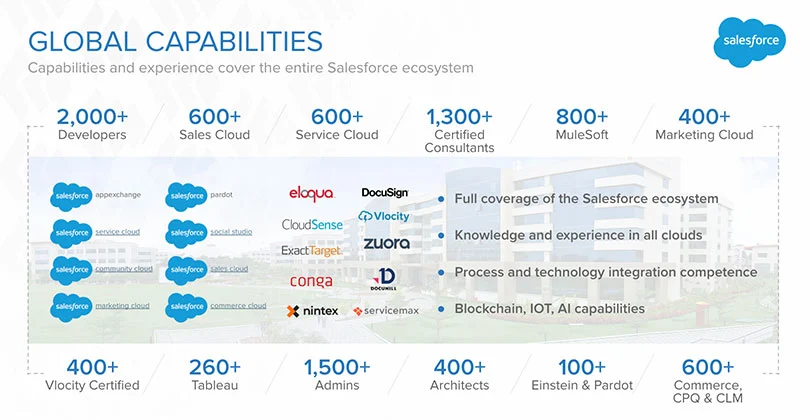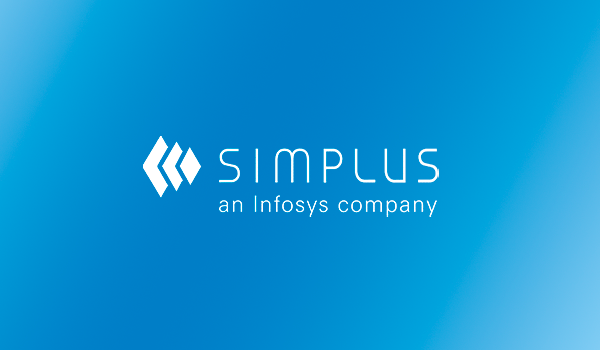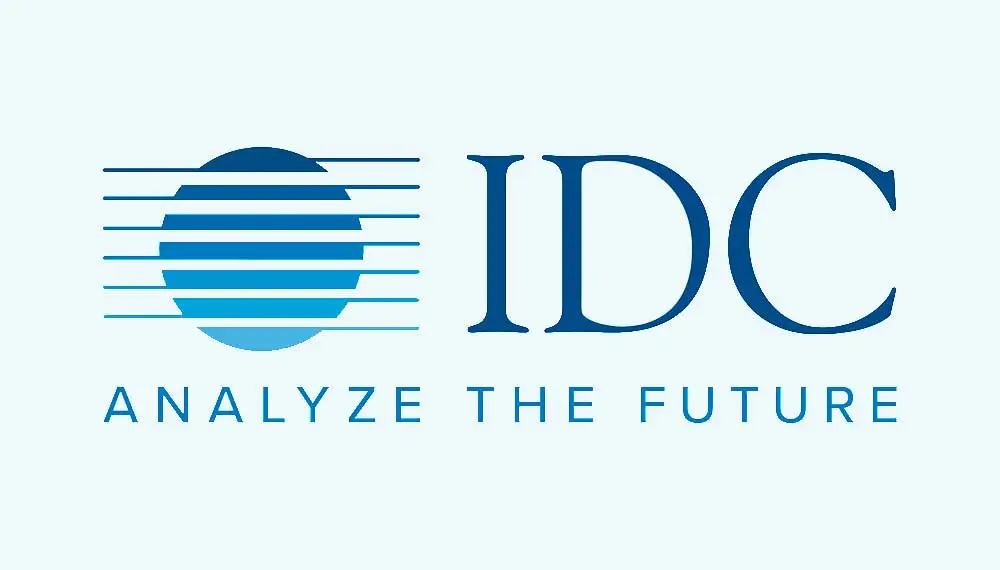Businesses that achieve the strongest ROI with Quote-to-Cash solutions all have one thing in common: They maintain a laser-like focus on using Quote-to-Cash to drive digital transformation across the organization. Salesforce CPQ comes preloaded with powerful automations that will fundamentally change how employees do their jobs and engage with customers. This makes CPQ an essential component of your Salesforce-powered digital transformation strategy. Let’s explore five essential features of Salesforce’s CPQ platform that you should be taking advantage of to supercharge your digital transformation:
1. Salesforce CPQ automates and streamlines your routine tasks: Your employees spend copious time on routine pricing tasks during the sales cycle—configuring product bundles, generating and approving quotes, preparing and revising customized contracts and invoices, managing renewals processes, and ensuring accurate price ramps. Salesforce CPQ automates all of these routine tasks with simple, user-friendly interfaces. This not only frees up your employees to focus on higher-value tasks like building stronger customer relationships but also reduces the risk of human error. As employees transition to Salesforce CPQ, they will need to adjust and conform their workflows. However, this transition is a core step in an organization’s digital transformation journey. Over the long term, employees will view their job responsibilities and opportunities in a new light—and relentlessly focus on driving efficiency and automation.
2. Salesforce CPQ injects intelligence into your pricing strategies: The “intelligence” that goes into an organization’s pricing strategy traditionally consists of human intelligence. In other words, a team is assigned to monitor market trends, internal sales data, competitor pricing, and customer satisfaction, and when this team decides to make pricing adjustments, it does so in a manual, reactionary manner. Salesforce CPQ’s dynamic pricing feature renders this manual work largely unnecessary. The artificial intelligence engine inside automatically monitors all relevant pricing, sales, and customer satisfaction data in real time, and uses sophisticated algorithms to make corresponding pricing adjustments. Instead of humans trying to figure out a pricing strategy, your team can instead focus on creating rules and boundaries that help this dynamic pricing feature to perform better and generate higher profit margins continually.
3. Salesforce CPQ creates guided selling strategies: The success or failure of sales representatives often comes down to an ability to quickly master product catalogs and pricing structures. Unfortunately, the amount of background information that sales teams are required to master can become quickly overwhelming, leading to errors, non-optimally applied pricing and discounts, and smaller overall product configurations and deals. Salesforce CPQ offers guided selling features that help sales reps quickly put together optimal product configurations and price quotes. A sales rep enters basic customer data, and then Salesforce CPQ automatically narrows down the universe of possible product configurations to more quickly put together a package. It also automatically generates custom-tailored cross-selling and upselling offers for sales reps to present to the customer. These guided selling strategies will completely change the way your sales team will do its job—which is exactly the sort of wholesale shift in mindset that will digital transform your organization.
4. Salesforce CPQ is channel-agnostic: To remain competitive in a fast-changing marketplace, businesses have incrementally increased the number of their channels for selling. In addition to traditional in-person sales and contact center sales, businesses also have added channels like self-service web options, field sales, indirect partner sales, and so forth. Often, these channels have not been effectively and comprehensively integrated into the business, leading to inconsistencies and pricing errors across sales channels. Salesforce CPQ unifies all of these sales channels under one centralized, channel-agnostic CPQ management platform. This fundamentally changes how you think about and manage your sales channels. Instead of developing a sales strategy around one channel at a time, you will develop a master strategy that encompasses all of your sales channels together.
5. CPQ connects all of your pricing databases: The backend management of pricing information within an organization can quickly become an ongoing headache. Businesses traditionally have assigned entire teams to make sure pricing information stays consistent across all sales channels, as well as updated down to the system-of-record level. With Salesforce CPQ, these manual updates fall by the wayside as Salesforce CPQ becomes the single system of record from which all pricing databases get managed. When you make a pricing change, the change automatically populates to all of the appropriate pricing databases, ensuring a team never needs to rectify pricing information manually. Instead, this team can redirect its attention to other, higher-value tasks.
As you work toward digital transformation with Salesforce, you want to focus on automations that redefine job responsibilities and free up employees’ time to sell more and enhance the customer experience. Salesforce’s cloud-based CPQ solution plays an instrumental role in supercharging this effort. When you use Salesforce CPQ, many of the most routine and labor-intensive tasks become automated, your pricing is automatically set via artificial intelligence instead of humans, and your sales team is automatically provided consistent, high-quality information and suggestions for closing more sales deals. Salesforce’s CPQ solution also supports a channel-agnostic sales approach that allows you to rethink your master sales strategy and connects all of your pricing databases to eliminate laborious, manual updating requirements.
In the next post in this digital transformation blog series, we’re going to take a close look at how to effectively and painlessly integrate billing into your Salesforce CPQ platform.

Amy Cook is the VP of Marketing at Simplus. She works with the executive team to provide a comprehensive marketing strategy for Simplus and loves burning the midnight oil with Diet Mountain Dew, jellybeans, and a good Netflix series.
amyc@simplus.com






















































0 Comments